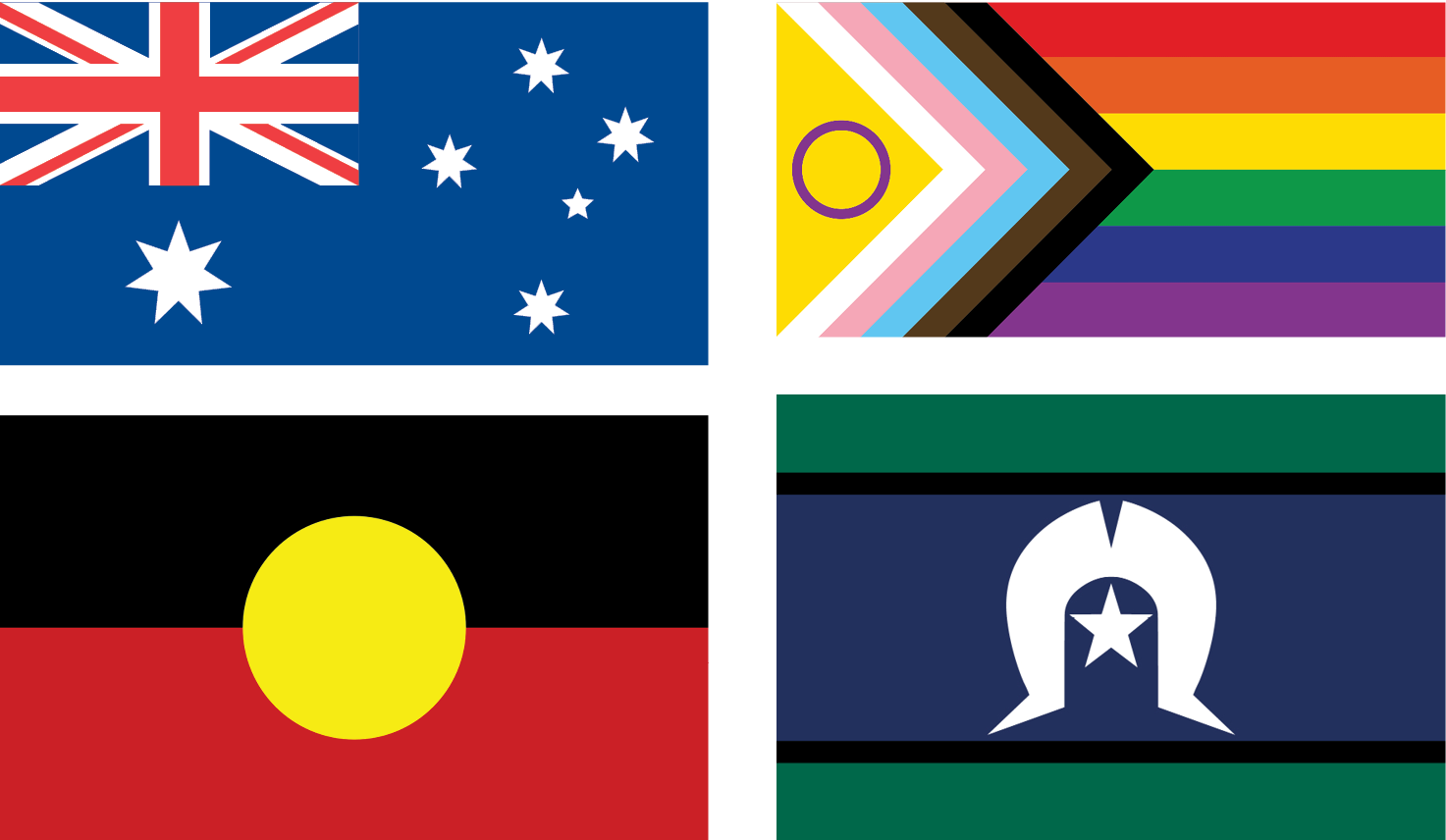
Can I claim Medicare rebates for counselling?
We can help to determine your eligibility for government programs such as the Better Access initiative, or Psychological Services Program (formerly known as ATAPs), which enables people to receive medicare rebates for a certain number of sessions with a mental health professional.
These programs make it more affordable to get mental health services, as they enable you to claim Medicare rebates for treatment with a psychologist or psychiatrist. Charges in excess of the Medicare rebate are the responsibility of the patient.
Under both programs you need to be assessed by a GP to determine your suitability.
By choosing our practice, you can move seamlessly between a GP and the care of one of our qualified psychologists/psychiatrists. Communication and collaboration between your doctor and mental health professional will also be easier.
Do I need a referral?
You do not need a referral to make an appointment at our health centre – we welcome new patients.
However, please note that government rebates may be available for mental health treatment under the Better Access program or Psychological Services Program (formerly ATAPs). Your doctor may refer you to one of our psychologists under these programs, in which case we ask for a referral letter and a copy of your Mental Health Care Plan.
What are my payment options?
Payment is required at the time of your appointment. You can pay using credit/debit, and electronic transfer (via EFTPOS).
We are a mixed payment practice: practitioners charge for their services, however some also offer bulk-billed services for concession card holders.
Medicare rebates
If you have connected your Medicare account to your bank account and pay by EFTPOS, our practice is set-up to enable you to claim your Medicare benefit at the time of payment, so that it will be paid into your bank account almost immediately.
Private health cover rebates for psychologist appointments
If you have private health cover for psychology and other allied health, we can provide you with a receipt so that you may claim with your private health fund. Please note: you cannot claim the cost of psychology sessions from your private health fund if you are also accessing the Medicare rebate via a Mental Health Care Plan.
Do you offer bulk billing?
Some of our practitioners offer bulk-billing for concession card holders only.
If you require bulk-billing:
- Ask for a practitioner that offers bulk-billing when you make an appointment
- Remember to bring your concession card with you to your appointment.
What kind of services do you provide?
We can help you with general health check-ups, treatment for mental health conditions and therapy that helps individuals, couples and families improve relationships, confidence and live life well.
We are also a specialist provider of treatment services for people that:
- have experienced abuse, complex trauma, grief and loss
- are recovering from addiction to drugs, alcohol or gambling
- need help to stop or reduce drug or alcohol use (withdrawal support)
- have complex needs or a dual diagnosis.
What evidence-based approaches do you use?
The evidence-based therapeutic approaches used by our practitioners vary. Each practitioner has preferred methods and theories they apply to help you get the most out of your therapy, achieve your goals, and find greater wellness.
Some of the most trusted theories and techniques applied by many of our team include:
- Cognitive behaviour therapy: recognises that the way we think and behave affects how we feel, and seeks to identify thought and behaviour patterns that may be harmful and shift towards more realistic, positive patterns of thinking and behaving. Sometimes this approach includes aspects of mindfulness or meditation training that helps you to recognise how you really feel, so that you can deal with it more effectively.
- Dialectical behaviour therapy: a specific type of cognitive therapy that recognises some people may react more strongly to certain situations. This approach centres on helping you identify your strengths so that you can build on them, feel more self-assured and therefore deal more effectively with thoughts and emotions.
- Acceptance and commitment therapy: this approach doesn’t focus on symptoms, but rather encourages a person to take action mindfully, and based on their values, as a way to live the life you want or make desired changes.
- Interpersonal therapy: focuses on the interpersonal relationships of the person. By improving the way you communicate with, and relate to, people in your life this approach seeks to help you to understand and express how you feel in healthier ways that benefit your mental health.
- Motivational interviewing: a process that empowers a person to better understand their goals, as a result of thought-provoking, change-oriented questioning from the therapist. Through responding, clients developing greater clarity and confidence about how they can achieve their goals.
What is the history of the Lives Lived Well Specialist Centre?
Our practice was originally established to support Lives Lived Well’s Mirikai Recovery Centre—a live-in rehabilitation service for people experiencing problems with addiction and mental health.
Originally the practice was known as Banjara Medical Centre – the word ‘Banjara’ was chosen from the local First Nations language and means ‘good/well’.
Lives Lived Well is a growing organisation with a strong brand and services located across Queensland. As part of an ongoing effort to align both the image and ethos of all of our services, and improve clarity for our clients, the name of our centre was changed in 2017 to the Lives Lived Well Specialist Centre.

